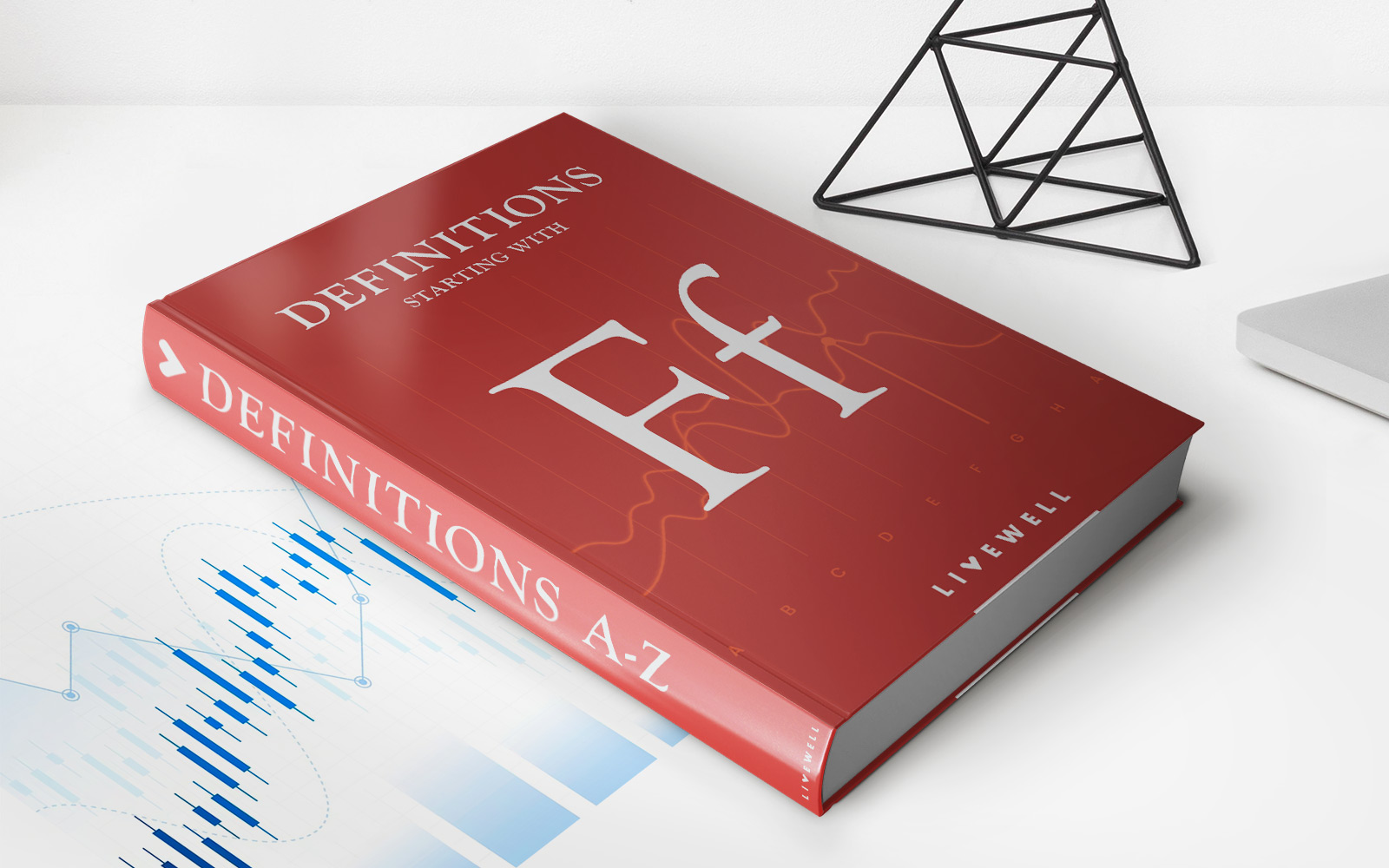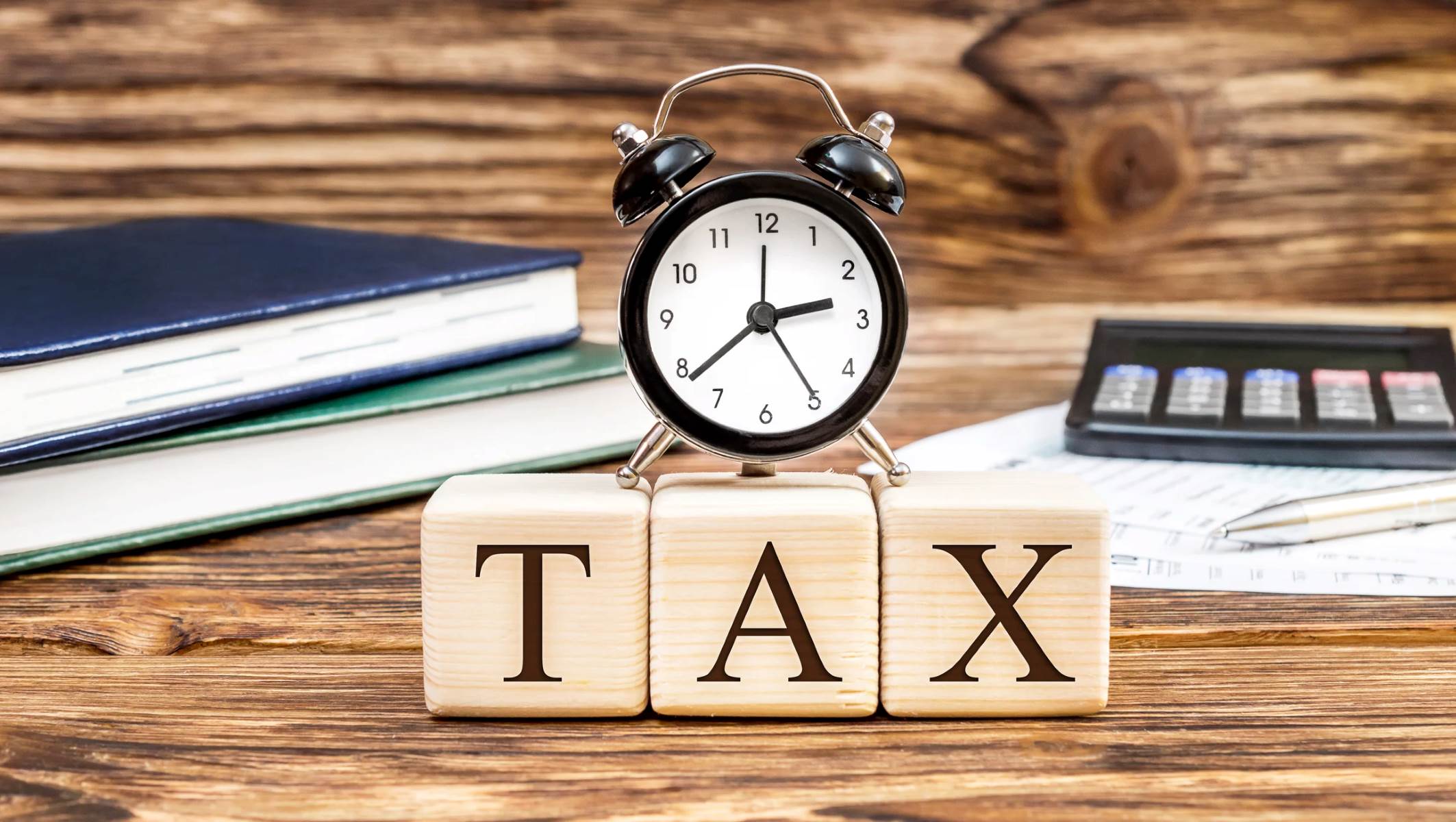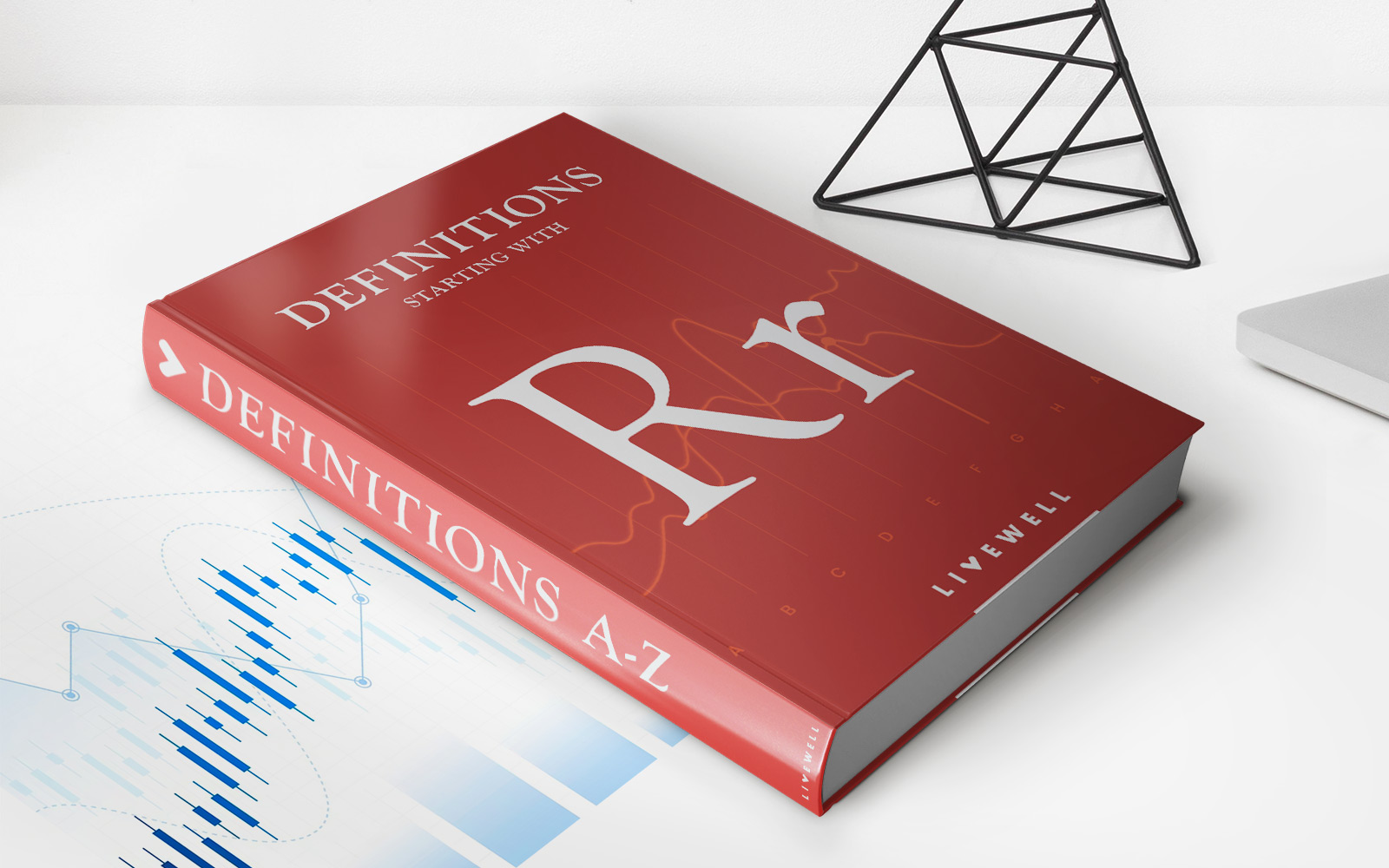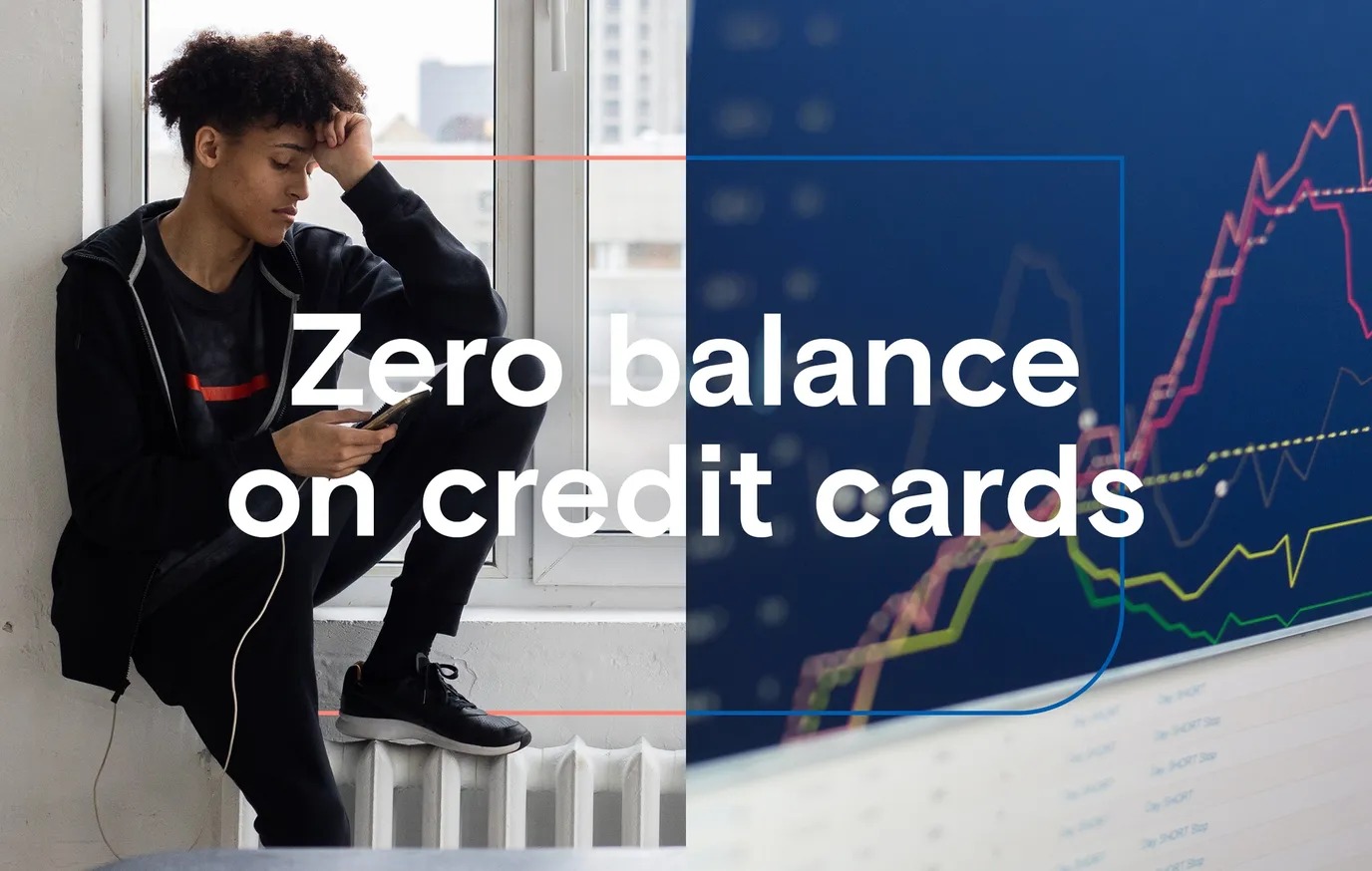

Finance
Why Is It Bad To Only Pay The Minimum Payment
Published: February 26, 2024
Learn why only paying the minimum on your credit card can hurt your finances in the long run. Discover the pitfalls and find better ways to manage your money.
(Many of the links in this article redirect to a specific reviewed product. Your purchase of these products through affiliate links helps to generate commission for LiveWell, at no extra cost. Learn more)
Table of Contents
The Problem with Minimum Payments
Paying the minimum amount due on your credit card statement might seem like a convenient way to manage your finances, but it can lead to a host of long-term issues. While it may offer temporary relief by allowing you to defer a larger payment, the repercussions can be financially devastating. In this article, we will delve into the reasons why making only the minimum payment on your credit card balance is a detrimental practice that can trap you in a cycle of debt.
When individuals receive their monthly credit card statements, they are often presented with the option to pay a minimum amount, typically a small percentage of the total balance. This minimum payment may appear attractive, especially if you are facing financial constraints. However, it's crucial to understand the implications of adhering to this payment method. By exploring the adverse effects of only paying the minimum, we can gain a clearer understanding of why this approach is detrimental to your financial well-being.
Paying the minimum amount due on your credit card statement might seem like a convenient way to manage your finances, but it can lead to a host of long-term issues. While it may offer temporary relief by allowing you to defer a larger payment, the repercussions can be financially devastating. In this article, we will delve into the reasons why making only the minimum payment on your credit card balance is a detrimental practice that can trap you in a cycle of debt.
When individuals receive their monthly credit card statements, they are often presented with the option to pay a minimum amount, typically a small percentage of the total balance. This minimum payment may appear attractive, especially if you are facing financial constraints. However, it's crucial to understand the implications of adhering to this payment method. By exploring the adverse effects of only paying the minimum, we can gain a clearer understanding of why this approach is detrimental to your financial well-being.
The Problem with Minimum Payments
At first glance, making the minimum payment on your credit card balance might seem like a manageable way to handle your financial obligations. However, this approach can lead to a myriad of long-term issues. By only paying the minimum amount due, you are essentially prolonging the repayment process and accruing substantial interest charges. This practice can create a cycle of debt that becomes increasingly difficult to escape.
One of the primary concerns with making minimum payments is the impact on the overall cost of your debt. When you only pay the minimum amount due, the remaining balance continues to accumulate interest, resulting in a significantly higher total repayment amount over time. This means that a substantial portion of your payments goes towards interest rather than reducing the principal balance, prolonging the time it takes to become debt-free.
Furthermore, relying solely on minimum payments can lead to a false sense of financial security. While it may provide temporary relief by allowing you to defer a larger payment, it ultimately exacerbates the debt burden. This can create a deceptive cycle where individuals continue to use their credit cards for new purchases, further increasing their overall balance and perpetuating the cycle of minimum payments and accruing interest.
Another critical aspect to consider is the psychological impact of minimum payments. By only paying the minimum amount due, individuals may underestimate the severity of their debt and overlook the urgency of addressing it. This can lead to a complacent attitude towards financial responsibility and a lack of proactive measures to eliminate the debt effectively.
In summary, while minimum payments may offer temporary respite, they contribute to a range of long-term financial challenges. The practice of making only the minimum payment on your credit card balance can lead to increased interest costs, perpetuate a cycle of debt, and create a false sense of financial security. Understanding the detrimental effects of minimum payments is crucial in developing effective strategies to manage and eliminate debt.
The Cost of Interest
When you only make the minimum payment on your credit card balance, you subject yourself to the burden of substantial interest costs. Credit card companies apply interest to the remaining balance after the minimum payment is deducted, leading to a continuous accrual of interest on the unpaid amount. This interest compounds over time, significantly inflating the total amount you owe.
It’s essential to comprehend the impact of compound interest in the context of minimum payments. Compound interest means that you not only pay interest on the original balance but also on the accumulated interest. This compounding effect can dramatically escalate the overall cost of your debt, making it increasingly challenging to eliminate. As a result, a significant portion of your payments goes towards servicing the interest rather than reducing the principal balance, prolonging the time it takes to become debt-free.
Furthermore, the interest rates associated with credit cards are often higher than those of other forms of borrowing, such as loans or mortgages. This means that the longer you carry a balance and make only the minimum payment, the more you end up paying in interest charges. Over time, the cumulative interest costs can far exceed the initial amount borrowed, turning what may have started as a manageable debt into a substantial financial burden.
By understanding the impact of interest costs, individuals can gain insight into the long-term implications of making minimum payments. The continuous accrual of interest on the remaining balance can lead to a significant escalation in the total amount owed, prolonging the repayment period and impeding progress towards financial freedom. Recognizing the true cost of interest serves as a compelling motivator to explore alternatives to minimum payments and actively work towards reducing and eliminating credit card debt.
The Never-Ending Debt Cycle
By making only the minimum payment on your credit card balance, you inadvertently perpetuate a never-ending cycle of debt. This cycle is characterized by a continuous accumulation of interest, prolonged repayment periods, and a persistent struggle to reduce the outstanding balance. Understanding the dynamics of this debt cycle is crucial in recognizing the pitfalls of relying solely on minimum payments.
When you make the minimum payment on your credit card, a significant portion of the amount goes towards servicing the interest rather than chipping away at the principal balance. Consequently, the overall debt reduction is minimal, and the remaining balance continues to accrue interest, perpetuating the cycle. As a result, individuals find themselves trapped in a relentless loop where the debt remains stubbornly high despite making regular payments.
Moreover, the never-ending debt cycle is exacerbated by the temptation to continue using the credit card for additional purchases. As individuals strive to manage their financial obligations, they may rely on the available credit, further increasing the outstanding balance. This, in turn, contributes to a continuous cycle of minimum payments, interest accrual, and a growing debt burden.
Furthermore, the psychological impact of the never-ending debt cycle cannot be overlooked. The persistent presence of debt and the slow progress in reducing the balance can lead to feelings of frustration, anxiety, and helplessness. This emotional toll can further impede individuals’ ability to break free from the cycle and take proactive steps towards eliminating their credit card debt.
Breaking free from the never-ending debt cycle requires a concerted effort to move beyond minimum payments and actively work towards reducing the outstanding balance. By understanding the perpetuating factors of this cycle, individuals can develop strategies to curb credit card usage, allocate more substantial payments towards the principal balance, and ultimately break free from the relentless grip of debt.
Impact on Credit Score
Opting to make only the minimum payment on your credit card balance can have a detrimental impact on your credit score. Your credit score is a numerical representation of your creditworthiness, and it plays a pivotal role in determining your eligibility for future loans, credit cards, and favorable interest rates. Understanding how minimum payments affect your credit score is essential in managing your overall financial health.
One of the key factors in credit score calculation is the utilization ratio, which is the amount of credit you are using compared to your total available credit. By carrying a high balance and consistently making only the minimum payment, you are likely to have a high utilization ratio. This can signal to creditors that you are heavily reliant on credit and may be experiencing financial strain, potentially leading to a lower credit score.
Moreover, the prolonged nature of making minimum payments can reflect negatively on your credit history. Creditors and credit bureaus assess your payment history to gauge your reliability in repaying debts. Consistently making only the minimum payment, especially over an extended period, can be interpreted as a sign of financial distress and an inability to effectively manage your debt obligations, thus impacting your credit score adversely.
Furthermore, the accumulation of interest resulting from making minimum payments can lead to a ballooning credit card balance, further influencing your credit score. A higher outstanding balance relative to your credit limit can signal financial instability and may lower your credit score, potentially limiting your access to favorable financial products and terms in the future.
Understanding the impact of minimum payments on your credit score underscores the importance of actively managing your credit card debt. By making efforts to reduce your outstanding balance and demonstrating responsible credit utilization, you can positively influence your credit score over time. This, in turn, can enhance your financial prospects and provide access to more favorable borrowing opportunities in the future.
Alternatives to Minimum Payments
Recognizing the pitfalls of making only the minimum payment on your credit card balance prompts the exploration of alternative strategies to effectively manage and eliminate debt. Several proactive approaches can help individuals break free from the cycle of minimum payments and interest accumulation, setting them on a path towards financial freedom.
One effective alternative to minimum payments is to allocate more substantial amounts towards reducing the principal balance. By committing to paying more than the minimum required, individuals can expedite the reduction of their outstanding debt, thereby minimizing the impact of interest accrual. This approach not only accelerates the path to debt freedom but also reduces the overall interest costs incurred over time.
Consolidating credit card debt through a balance transfer to a card with a lower interest rate or obtaining a debt consolidation loan presents another viable alternative. By consolidating multiple high-interest balances into a single, more manageable payment with a lower interest rate, individuals can streamline their repayment process and potentially reduce overall interest costs. This approach can provide a structured and disciplined method for eliminating debt more efficiently.
Furthermore, creating a realistic and actionable budget can help individuals prioritize debt repayment and allocate additional funds towards reducing their credit card balance. By identifying areas where expenses can be trimmed and directing those savings towards debt reduction, individuals can gain greater control over their financial situation and make meaningful strides towards eliminating their debt burden.
Seeking the guidance of a reputable credit counseling service can also offer valuable support in navigating the challenges of credit card debt. Credit counselors can provide personalized strategies, negotiation with creditors, and financial education to empower individuals to make informed decisions and take proactive steps towards managing and eliminating their debt effectively.
By exploring these alternatives to minimum payments, individuals can develop a comprehensive approach to address their credit card debt and work towards achieving financial stability. Breaking free from the constraints of minimum payments and interest accumulation requires a proactive and disciplined approach, and by leveraging these alternatives, individuals can chart a course towards a debt-free future.
Conclusion
The practice of making only the minimum payment on your credit card balance can have far-reaching implications that extend beyond the immediate financial burden. By perpetuating a cycle of debt, accruing substantial interest costs, and impacting your credit score, this approach can hinder your overall financial well-being. Understanding the detrimental effects of minimum payments is essential in developing effective strategies to manage and eliminate credit card debt.
It is crucial for individuals to recognize the long-term consequences of minimum payments and explore alternative approaches to address their debt. By allocating more substantial payments towards the principal balance, consolidating debt, creating a realistic budget, and seeking professional guidance, individuals can break free from the cycle of minimum payments and work towards achieving financial freedom.
Ultimately, actively managing and reducing credit card debt empowers individuals to take control of their financial future, improve their creditworthiness, and alleviate the burden of high-interest costs. By adopting proactive and disciplined approaches to debt repayment, individuals can pave the way for a more secure and stable financial outlook.
Breaking free from the constraints of minimum payments requires a concerted effort and a commitment to prioritizing debt reduction. By embracing alternative strategies and maintaining a proactive mindset, individuals can navigate the challenges of credit card debt and embark on a path towards long-term financial stability.
In conclusion, the detrimental effects of making only the minimum payment on your credit card balance underscore the importance of actively managing and eliminating debt. By understanding the impact on interest costs, credit score, and the perpetuation of a debt cycle, individuals can make informed decisions to address their financial obligations effectively. Through proactive debt management and the exploration of alternative approaches, individuals can take significant strides towards achieving a debt-free future and securing their financial well-being.














